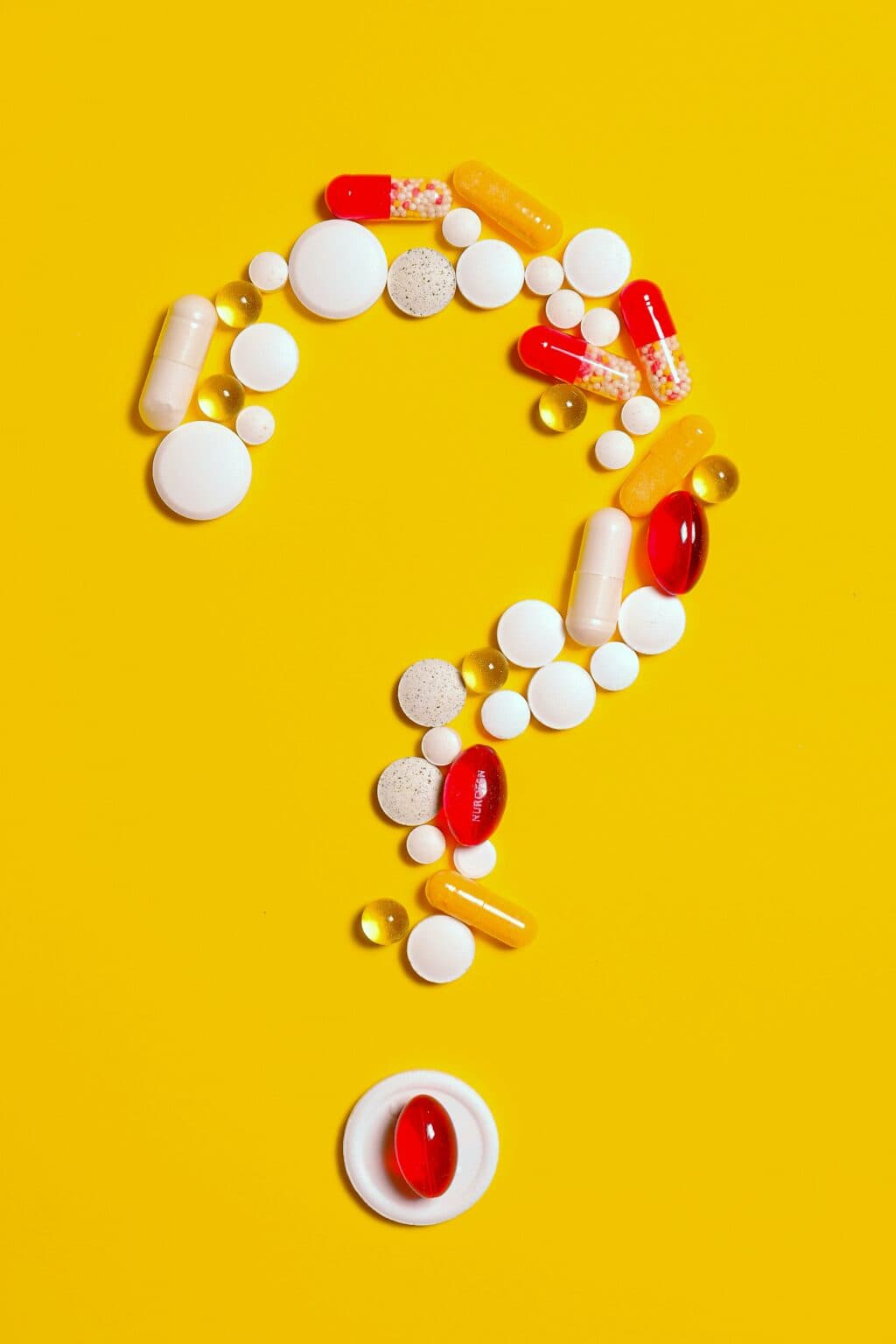Healthy Living / Eating
Are liquid supplements better than capsules?
At Caring Sunshine, we sell supplements in many forms: tablets, capsules, powders, and liquids. In some cases, the same supplement is available in multiple forms.
Almost always, liquid supplements are going to cost more than non-liquid options. That is not because they are superior; the main reason they are more expensive is just because, due to water content, they are bigger and heavier. Bigger and heavier items are more expensive to bottle, label, store, and ship.
That being said, there are valid reasons to choose liquid options:
- Faster absorption and potentially higher bioavailability. Capsules and tablets have to break down in the digestive system, while liquids do not. If you need something in your system fast, liquid is the way to go. Liquids may also be more fully utilized by the body rather than passed through the gut unused in a partially digested capsule or tablet.
- Easier to swallow. If you are young, older, or just don’t like swallowing objects, liquid options have an obvious advantage.
- Dosage flexibility. It may be hard to chop up caplets and tablets, but adjusting the dose of a liquid is quite easy.
- Fewer fillers and possible irritants. While this situation is fairly rare, the capsule itself or other ingredients used as binders or fillers may irritate some people.
Here is our official Caring Sunshine position on this question. Unless any of the four reasons above apply to your situation, buy the less expensive option (which usually means the capsule or tablet).
Besides cost, the non-liquid option has other advantages. It does not usually need refrigeration, will last longer, is more portable, and has no taste. And, while you might want fast absorption of nutrients in some cases, generally, a slower release of nutrients into the body (sometimes called time release) is usually preferred. This happens naturally with most capsules and tablets.
Photo by Anna Shvets

